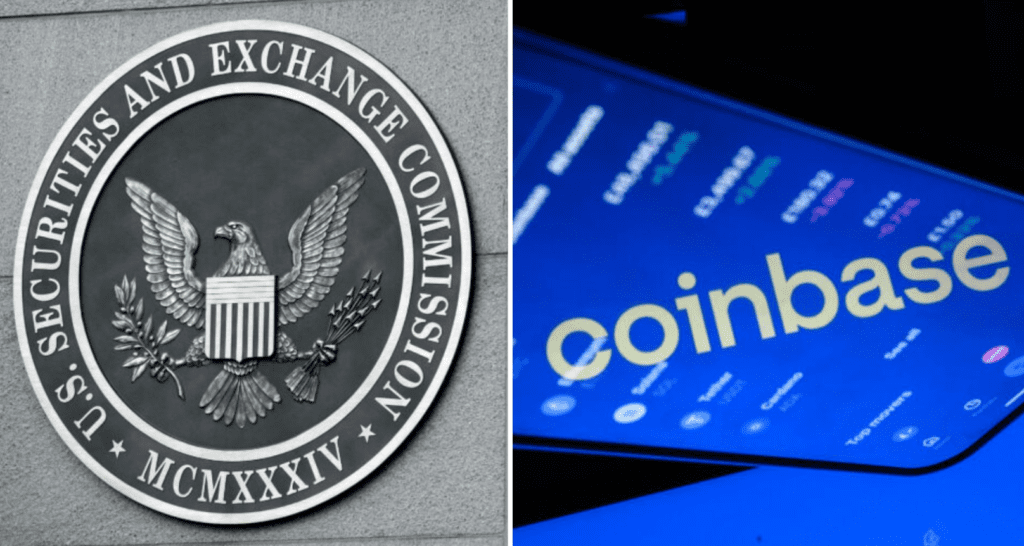Coinbase, a prominent cryptocurrency exchange, recently made a filing in response to the SEC’s attempts to regulate its operations. The company contends that the SEC’s actions are a drastic departure from past interpretations and could redefine the landscape for numerous other entities.
Coinbase’s Argument Against SEC’s Stance
Coinbase challenges the notion that the SEC can arbitrarily define what constitutes an investment contract. By the SEC’s evolving definition, almost any form of investment could fall under its purview. From artworks on Etsy to collectible baseball cards, the broad application of such definitions would drastically expand the SEC’s authority without established precedents.
Historical Context: The Howey Test
The SEC has historically used the Howey Test, rooted in a 1946 U.S. Supreme Court decision, to determine the classification of investment contracts. However, Coinbase believes the SEC has distorted this test “beyond recognition” in its recent pursuits.
The Issue: What Qualifies as an Investment Contract?
According to Coinbase, for something to qualify as an investment contract, it should grant the purchaser a contractual claim related to future income or assets of a business. Simple asset trades without ongoing contractual obligations shouldn’t fall under the category of securities. By SEC’s logic, any object of value, such as a painting, could be deemed a security if its purchaser hopes its value will increase over time.
Seeking Clear Guidelines
Coinbase is pushing for clear and concise regulatory guidelines, emphasizing the challenges faced by businesses when operating in a gray regulatory environment. The exchange has voiced concerns over the SEC wielding enforcement power without definitive regulations, terming it as an overreach that blurs the separation of powers.
The Ripple Effect on the Crypto Industry
The SEC’s stance on what constitutes a security in the cryptocurrency world has had major implications. A number of significant court rulings have questioned the SEC’s assertion that most cryptocurrencies are securities, showing that the legal community is grappling with this evolving space.
Support for SEC’s Position
However, the SEC isn’t alone in its views. The North American Securities Administrators Association, comprising state securities regulators, has argued against giving digital assets special treatment. Their position suggests that such assets should be treated similarly to traditional securities.
The Major Questions Doctrine
Another noteworthy point from Coinbase’s filing touches on the major questions doctrine. This principle states that for an agency to decide on nationally significant issues, there must be clear authorization from Congress. Coinbase believes this doctrine applies to the current situation, although some critics disagree.
A Glimpse at the Judge’s Previous Rulings
Overseeing this high-profile case is Judge Katherine Polk Failla. In a recent case involving Uniswap Labs, she dismissed a class action lawsuit, hinting at her reluctance to expand federal securities laws beyond their traditional scope. Such decisions indicate that significant expansions in regulatory applications might be the responsibility of Congress rather than individual courts.
As the cryptocurrency space continues to evolve, regulatory bodies like the SEC are striving to keep pace. Coinbase’s ongoing battle highlights the challenges and ambiguities faced by companies in this rapidly growing sector. Clear and consistent regulatory guidelines will be crucial for fostering innovation while ensuring investor protection.












